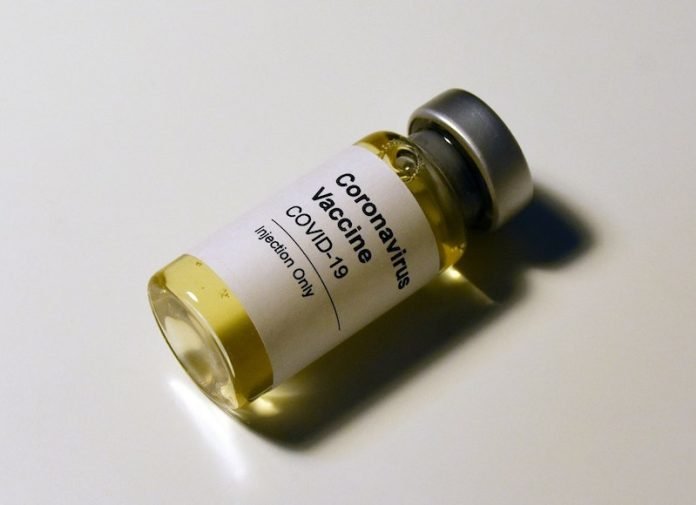
The COVID-19 vaccines have been described by many as the light at the end of the tunnel and the best tool we have to stop this pandemic.
But along with the vaccine rollout, there have been a number of myths circulating about their safety and effectiveness.
To set the record straight, Cedars-Sinai’s Newsroom talked with Priya Soni, MD, a pediatrician and an infectious disease specialist.
MYTH #1: The vaccine was rushed into development and might not be safe
Soni: “While the development of the COVID-19 vaccines using mRNA technology is new, scientists have been working on this technology for many years, in fact decades.
We are very excited that they are now being able to use the mRNA technology for vaccines in a safe way.
The reason it was developed so rapidly is because scientists were able to implement this technology since they had the RNA sequence of the virus as it was released in January 2020.
This allowed them to incorporate the mRNA for the spike protein into the vaccine. Nothing about the clinical trials for the vaccines was rushed nor any shortcuts taken.
In fact, the numbers of participants in the clinical trials for both Moderna and Pfizer were quite robust and very similar to the number of participants needed and required in prior vaccine studies.”
MYTH #2: I’m young and healthy, so I don’t need a vaccine
“COVID-19 is still a very unpredictable infection, and just because you are young and healthy doesn’t mean you won’t have any of the complications of the infection that we continue to see.
There are a few risk factors for severe disease that we have identified, but there’s still no guaranteed way to predict that you would have a mild or severe course with the infection.
It is much safer and wiser to get the vaccine and deal with the slight discomfort and side effects temporarily than to subject yourself to the infection.”
MYTH #3: The COVID-19 vaccine will affect my chances of becoming pregnant
“There has been no link between the COVID- 19 vaccines and a negative impact on female fertility.
The data is reassuring regarding the use of this vaccine during pregnancy, and because the mRNA degrades so rapidly, it would be highly unlikely that the vaccine could cause issues with fertility.”
MYTH #4: I can get COVID-19 from the vaccine
“What you may feel after you receive the COVID-19 vaccine is a mild fever, muscle soreness at the site of injection and fatigue.
That is your immune system activating and starting to form the protective antibodies that it needs to fight off this virus if you are infected in the future.
Compared to some of the live attenuated virus vaccines we have previously seen, the vaccine is noninfectious, so there is no way you can get COVID-19 infection from taking the vaccine itself.”
Myth #5: I’ve had COVID-19, so I don’t need the vaccine
“As far as we know, the antibody response that you are going to get from a vaccine is far more robust and more predictable than natural antibodies post-infection.
Even if you’ve had COVID-19, it is a great idea to get a vaccine when you are able. Don’t forget to schedule your second dose for the vaccine as well.
We also remind all those getting a vaccine to stick with the same platform–if you got Pfizer for your first dose, make sure you get the same for your second dose.”
MYTH #6: I received the vaccine, therefore I don’t have to wear a mask or social distance
“Vaccines are one of the many tools in our toolkit that we know can help prevent the spread of COVID-19.
However, just because you received the COVID-19 vaccine does not mean you should stop wearing masks or social distancing.
We are still trying to determine whether or not a person can spread the infection to others even when they are not infectious and have been vaccinated.
Until we learn more, we should continue to do our part and remain masked and socially distant.”



